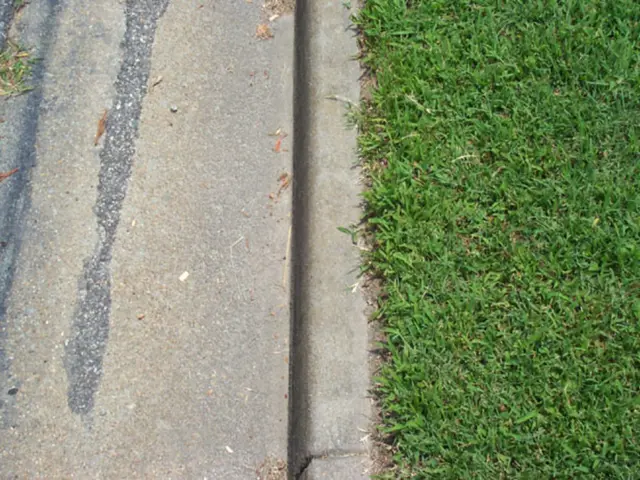Hawaii's Hidden Plastic Crisis: Underneath the Sandy Shore
Oceanic Debris Discovery: Submerged Hawaii Waters Hide Significant Amounts of Plastic Garbage - Investigation Discovers Substantial Amounts of Plastic Trash Buried Beneath Hawaii's Coastlines
Have you ever wondered what lies beneath the pristine beaches of Hawaii? A recent study reveals a shocking truth: 91% of the plastic waste found was buried deep beneath the surface, primarily between 60 and 90 centimeters 1. This disturbing finding echoes similar discoveries on beaches in the Azores, Brazil, and Russia. According to Ifremer researcher Astrid Delorme, "What you see on the surface is just the tip of the iceberg" 1.
This submerged waste is more than just a visual nuisance; 92% of the discovered plastic waste is unstable, breaking down into microplastics due to constant sand shifts and other environmental factors 1. These microplastics pose a significant threat to marine life and local organisms, which could ingest them 1.
The researchers chose Hawaii's beaches because they are near a 1.6 million square kilometer "plastic waste continent" in the North Pacific. Wind and waves accumulate vast amounts of plastic waste there, much of which originates from distant regions of the world 1.
Delorme urges humanity to take immediate action and reduce the amount of plastic waste, collecting it from beaches before it buries itself deeper in the sand and becomes more dangerous 1. The pollution of the seas with plastic is a key topic at the UN Ocean Conference, which begins on Monday in Nice 1. Government representatives from 130 countries, as well as activists and business leaders, will gather to discuss solutions to this global issue.
Keeping Hawaii's Beaches Clean
Organizations like The Ocean Cleanup are leading the fight against the North Pacific Garbage Patch, which significantly affects Hawaiian beaches. Studies show that cleaning these areas can have a positive impact on marine life 2.
Hawaii's Maui has set an example by implementing comprehensive bans on single-use plastics and encouraging visitors to use biodegradable and reusable alternatives 3. This helps preserve the island's ecosystem 3.
Community-led initiatives and environmental awareness campaigns are crucial in reducing plastic waste on Hawaiian beaches 4.
A Global Issue Requiring Global Action
The pollution of the seas with plastic is a problem that affects more than just Hawaii. Similar discoveries of submerged plastic waste have been made on beaches in the Azores, Brazil, and Russia 1.
Portugal's Azores are addressing this issue by promoting eco-tourism, reducing plastic waste through refill stations, and offering plastic-free lodging options 2. This approach helps tourists connect with nature while minimizing environmental impact 2.
Brazil is involved in general initiatives to reduce plastic waste, such as promoting sustainability and recycling 3. Brazil's diverse ecosystems could benefit from eco-tourism practices that encourage sustainable travel and reduce plastic use 3.
While specific measures for beach cleanup in Russia are not detailed, the country has potential to make a difference by increasing its focus on sustainable practices 3.
Preventing plastic pollution at its source is considered more effective than cleaning up existing waste 4. World Environment Day highlights the importance of addressing plastic pollution globally, emphasizing the need for collective action against plastic waste 4.
- The Commission, in its role in the regulation of food labels, has also been consulted on the proposal for a Council Directive on the approximation of the laws of the Member States relating to the labelling of foodstuffs, particularly in the context of health-and-wellness, noting the importance of clear information for consumers with medical-conditions or sensitive skin-conditions.
- In the realm of science and environmental-science, the health impacts of climate-change are being studied, with researchers examining the connections between human health and the degradation of the environment, aiming to mitigate the effects on both marine and terrestrial ecosystems.
- As international organizations gather to discuss solutions to the plastic pollution crisis at the UN Ocean Conference, government representatives, activists, and business leaders will explore ways to implement sustainable practices for cleaner oceans, not only in Hawaii but also in regions like the Azores, Brazil, and Russia, where similar issues have been observed.








